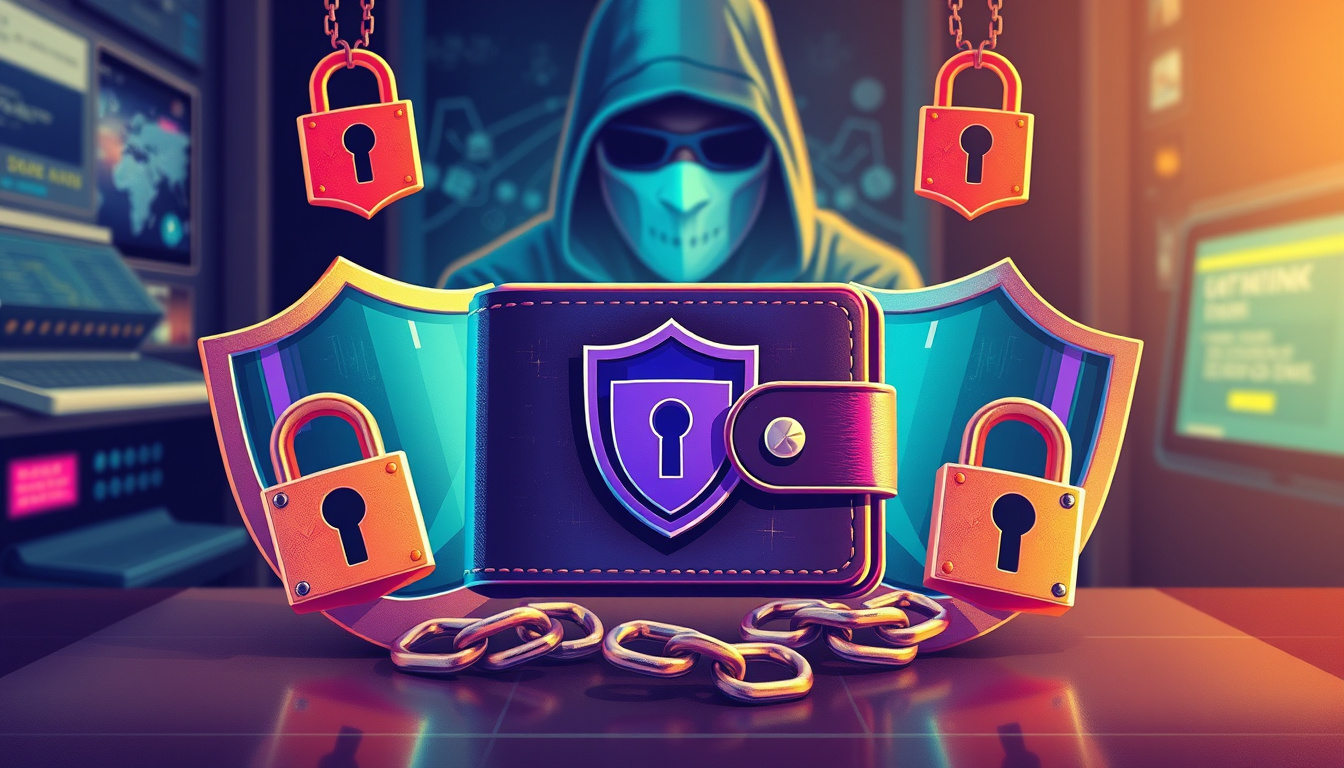In the ever-evolving landscape of cryptocurrency, security remains a paramount concern for enthusiasts and investors alike.
Recent events involving Ledger, a leading hardware wallet manufacturer, illustrate the dangers of online scams and the critical need for robust security measures.
After a significant breach of their Discord server, where hackers exploited a moderator's account to distribute fraudulent links, Ledger acted quickly to mitigate the fallout and enhance their community's safety.
This article explores the implications of the Discord hack incident and outlines essential practices for protecting your crypto wallet from scams.
Crypto News, Articles and Reports

Key Takeaways
- Ledger quickly contained a hack on its Discord server to protect users from scams and phishing attempts.
- Users should never disclose their seed phrases or follow suspicious links from platforms like Discord.
- Ledger highlights the importance of enhancing security measures to prevent future attacks and protect customer information.
Understanding the Discord Hack Incident
In recent news, the Discord Hack Incident involving Ledger, a reputable hardware wallet manufacturer, has raised serious concerns regarding online security among cryptocurrency users.
Over the weekend, hackers gained access to a moderator's account on Ledger's Discord server, which they subsequently exploited to disseminate fraudulent links.
These links directed unsuspecting users to phishing sites where they were urged to input their seed phrases—critical information that could grant the hacker access to their cryptocurrency wallets.
Alarmingly, the attacker also took measures to silence members who attempted to warn others about the scam, demonstrating a calculated approach to creating panic and confusion.
Thankfully, Ledger responded swiftly by eliminating the compromised account, deleting the malicious bot, and bolstering their security protocols to prevent further incidents.
Moreover, some Ledger customers received physical scam letters instructing them to 'verify' their devices by entering their recovery phrases, a tactic reminiscent of a data breach from
2020.
Ledger has reiterated a vital message: users should never input their recovery phrases or connect wallets through links shared on platforms like Discord.
Fortunately, the fraudulent website created by the hackers has been dismantled, but this incident serves as a stark reminder of the vigilance required in the rapidly evolving landscape of digital cryptocurrencies.
Best Practices for Securing Your Crypto Wallet
To further enhance the security of your cryptocurrency holdings, following best practices for securing your crypto wallet is essential.
First and foremost, choose a hardware wallet, like those offered by Ledger, which store your private keys offline, significantly reducing the risk of online attacks.
Always keep your recovery seed phrases private and never share them with anyone; legitimate service providers will never ask for this information.
Use two-factor authentication (2FA) for any associated accounts to add an extra layer of protection.
Regularly update your wallet firmware to ensure you benefit from the latest security enhancements.
Additionally, be wary of phishing attempts, whether they arrive through email, social media, or direct messages—always double-check URLs and avoid clicking on unknown links.
Lastly, consider diversifying your investment across different wallets and tokens to mitigate potential risks.
By adhering to these practices, you can significantly reduce the likelihood of falling victim to scams and maintain the integrity of your digital assets.
By Wolfy Wealth - Empowering crypto investors since 2016
Get Wolfy Wealth Premium
Disclosure: Authors may be crypto investors mentioned in this newsletter. Wolfy Wealth Crypto newsletter, does not represent an offer to trade securities or other financial instruments. Our analyses, information and investment strategies are for informational purposes only, in order to spread knowledge about the crypto market. Any investments in variable income may cause partial or total loss of the capital used. Therefore, the recipient of this newsletter should always develop their own analyses and investment strategies. In addition, any investment decisions should be based on the investor's risk profile.
